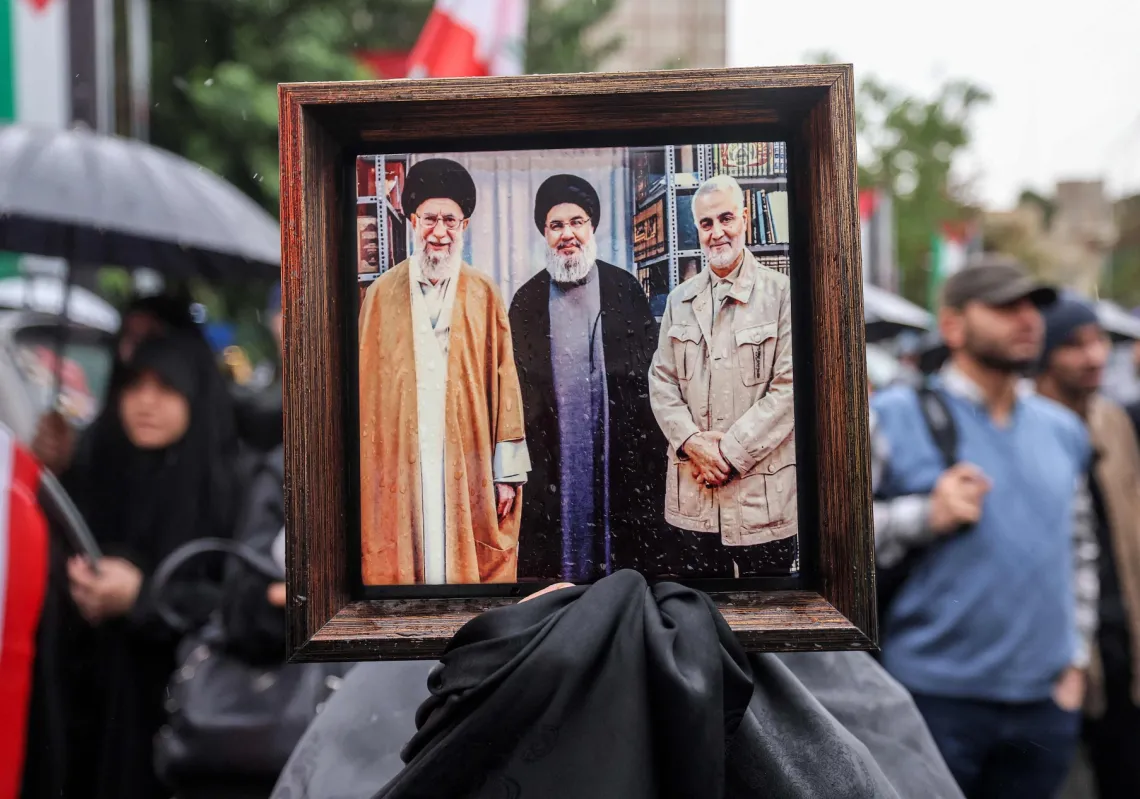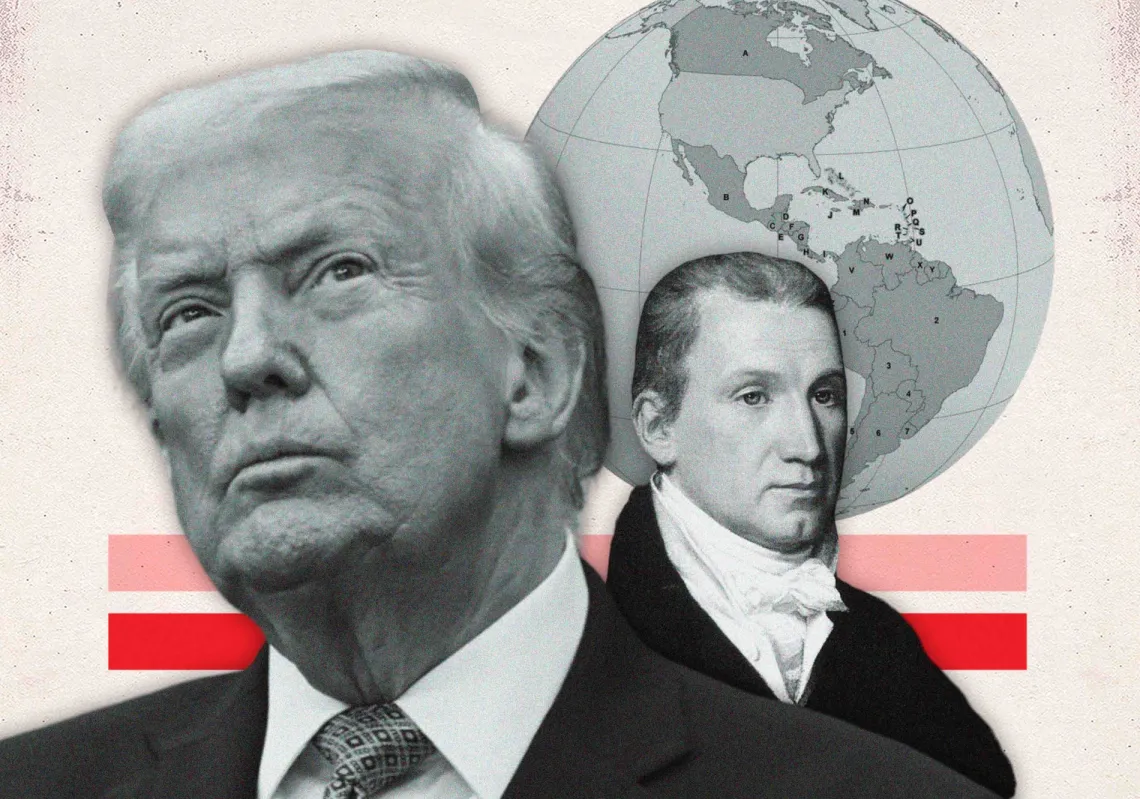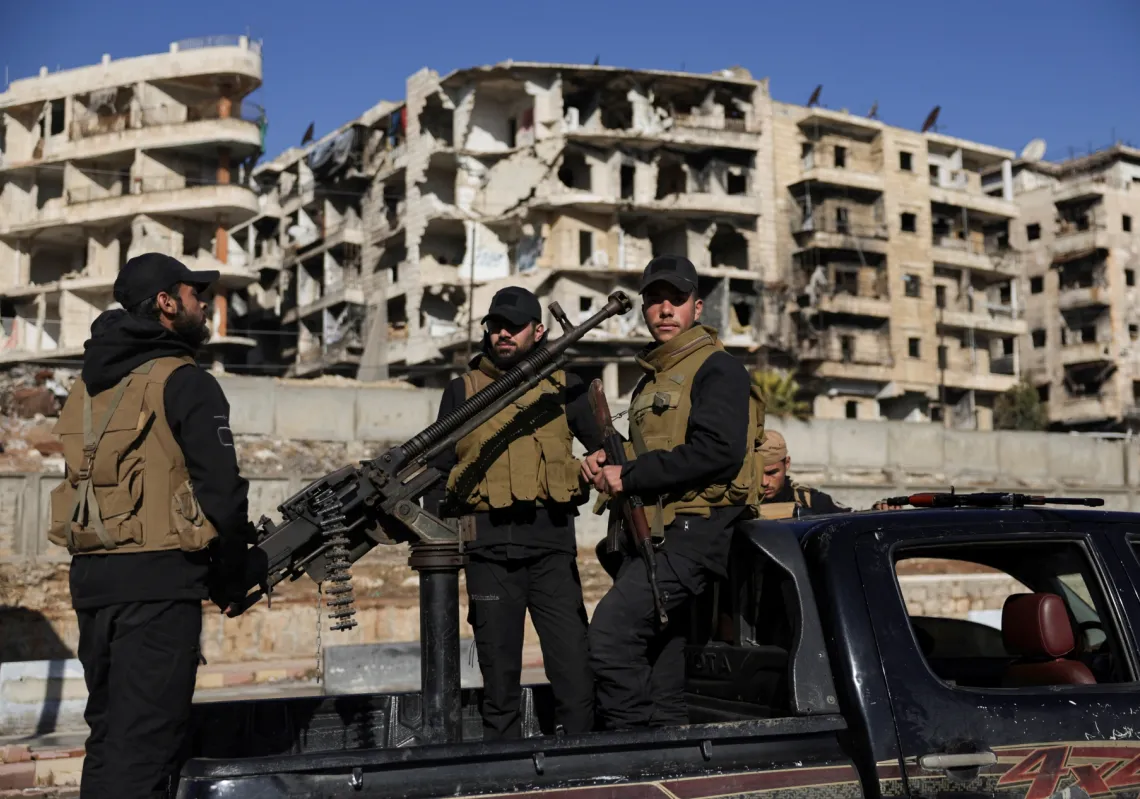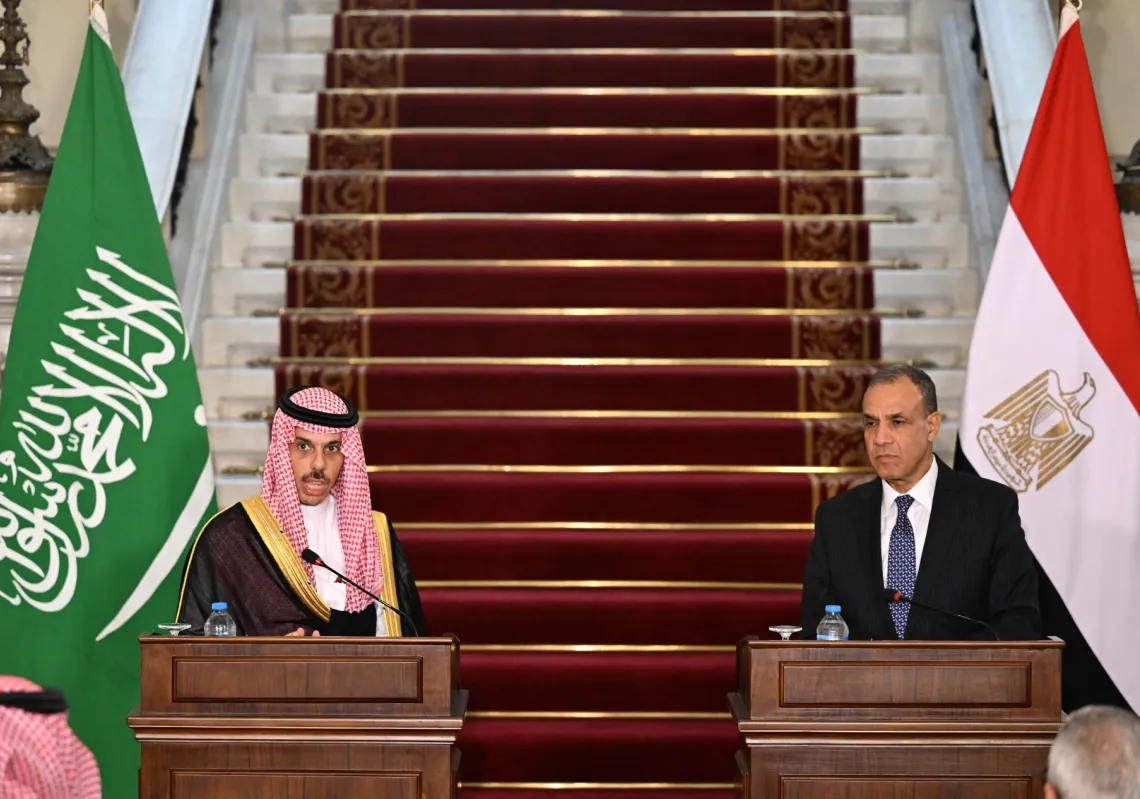
by Joseph Braude
IRAN AND ITS PROXIES
Iran claims it confronted a U.S. Navy vessel and the U.S. issues a denial. Reuters cites Tasnim News Agency as saying an “Iranian military vessel confronted an American warship in the Gulf and warned it to stay away from a damaged Iranian fishing boat.” U.S. Naval Central Command acknowledged it heard a small boat’s distress call 75 miles away but “at no time was there any direct contact between the U.S. and Iranian maritime forces.”
Deutche Welle opines US and European interests on Iran are “diverging”: The German government broadcaster published an analysis-plus-opinion piece on its Web site acknowledging two proposed American approaches to alter the nuclear deal — withdrawal and decertification — and rejected both of them. The item, which has an officious ring to it, ends as follows: “Europe has no interest in any further upheaval in the Middle East. Cancellation of the nuclear deal could have the undesired effect of reviving other armament plans, including nuclear arms. It would also fan the flames of violence, and with it, the number of refugees. Without the nuclear deal, Iran would have no reason to restrain itself politically, and could likely embark on an even more aggressive course. And were Iran to resume its nuclear program, this could awaken other regional states' interest in pursuing nuclear weapons. It would take years to put an end to such an arms race, if indeed that were even possible. And that means that in view of the Iran nuclear deal, American and European interests are clearly diverging.”
CRISIS IN THE GULF
French foreign ministry wades into the intra-GCC dispute. Paris announced the appointment of Bertrand Besancenot, a former ambassador to Saudi Arabia, as special envoy to mediate the dispute between Qatar on the one hand and Saudi Arabia, the UAE, Bahrain, and Egypt on the other. Reuters notes that France has close ties with Egypt and the United Arab Emirates while also being a major arms supplier to Qatar and a key ally of Saudi Arabia. By comparison with the U.S., the French government had issued few and muted public statements about the crisis thus far.
A new Qatari port inaugurated last Tuesday will attempt to circumvent sanctions on the country by its GCC neighbors. “Closure of the Saudi border with Qatar and disruption to shipping routes via the UAE slashed Qatar’s imports by over a third from year earlier levels in June and July,” Reuters reports. “Institutions in Saudi Arabia, the UAE and Bahrain have begun pulling money out of Qatari banks, threatening their balance sheets. ... Hamad port spans 26 square kilometers and will have a capacity of 7.5 million containers a year with terminals built to receive livestock, cereals, vehicles and coastguard vessels.”
American specialists on Gulf policy warn of a Qatari “worst case scenario” in the event of a heightened military standoff. In an article in The Cipher Brief, Simon Henderson of the Washington Institute for Near East Policy and his colleague James Jefrey, former U.S. Ambassador to Ankara and Turkey, warned that in the event of further deterioration in the Gulf, Qatar could exploit the presence of American forces at the al-Udeid Airbase: “Such agreements have either explicitly or implicitly stated that a host country can “call” on the U.S. to assist if the host faces a security threat,” they write. But in a comment to Majalla, Michael Eisenstandt, the Washington Institute for Near East Policy’s Military and Security Studies Program director, observed that al-Udeid is not necessarily the ideal location for a U.S. base anyway: “In terms of geographic location, the [Saudi] Prince Sultan Air Base probably has some advantages from the point of view of force protection, as it benefits from standoff, if you are talking about a scenario involving Iran. It is located in the interior of Saudi Arabia, beyond the range of Iran's more accurate, short-range missile systems. For this reason it would also be harder to attack PSAB by air than al-Udeid. And Saudi Arabia has a larger, more capable air force than Qatar, which adds another layer of protection.”
Four North African states adopt neutrality toward the crisis in the Gulf. A Washington Post report cites a combination of “fears of hegemonic expansionism and the lure of Qatari investments” as reasons why Morocco, Algeria, Tunisia, and Libya have avoided taking a side in the dispute between Qatar on the one hand and Saudi Arabia, the UAE, Bahrain, and Egypt on the other.
Qatar pays a Jewish-owned PR firm to court American Jews, but a prominent rabbi warns Jews that Doha has blood on its hands. Times of Israel: “Qatar is paying $50,000 a month for outreach to the Jewish community to a prominent Jewish Republican operative at a time when the Persian Gulf nation is facing calls for isolation from other moderate Arabs and by conservatives in Washington, DC.” Response in the form of a page ad in the New York Times from Rabbi Shmuley Boteach: “If Qatar wants a PR makeover, stop funding terror ... Until then, those involved in efforts to rehabilitate and legitimize Qatar will bring shame to themselves and ruin to countless more innocent lives. Meeting with Qatar condones murder.” The following day, Boteach followed up with an opinion piece in The Algemeiner. It documents Qatari spending on Hamas, notes the outsize role of Al-Jazeera in inciting killing of Jews, and reminds the Jewish peace camp that Shimon Peres called Qatar “the world’s largest funder of terror.”
ARAB RELATIONS WITH THE “OTHER”
Algeria rejects a Spanish ambassador and draws fire from Human Rights Watch over treatment of minorities. Madrid tried to send José Maria Ridao, a former ambassador to UNESCO, to represent Spain, but Algiers slammed him for his history of visits and lectures in Morocco. Meanwhile, an HRW communique calls the arrest of Mohamed Fali, president of Algeria’s Ahmadiyya community, “the latest example of a crackdown on the religious minority.” It notes that 266 Ahmadis among a community of 2,000 have faced bogus prosecution over the past 15 months.
Rocked by protests and newly sanctioned by the U.S. Government, Venezuelan president Maduro arrives in Algeria. The sanctions barred U.S. banks from the country and isolated the national oil company. Algerian FM says enhancing oil trade will be discussed. The trip should be understood in the context of the following recent statement by Maduro: “[Let’s] start selling oil, gas and all other products that Venezuela sells with new currencies, including the Chinese yuan, the Japanese yen, the Russian ruble, the Indian rupee among others.” Algeria may well throw him a lifeline. The following day, Moulay Hisham called his deportation from Tunisia evidence of a crisis in Tunisian democracy: [It was the] “result of an executive decision that bypassed any judicial control and parliamentary oversight,” according to a Tunisian dissidents’ blog.
The governments of Egypt and Israel are each pledging funds to the Jewish diaspora. Cairo, reports The Guardian, has pledged over $ 70 million to restore eight Egyptian Jewish monuments, including the 14th century Eliyahu Hanavi synagogue in Alexandria. The Israeli government, for its part, has pledged $ 1 million in relief aid to the Jewish community of Houston, Texas, to repair Jewish communal infrastructure damaged by Hurricane Harvey. Eliot Abrams observes in Newsweek, “It is logical to expect Israel to show, in ways such as this, that it is steadily becoming the largest and most important Jewish community in the world. Once upon a time, the center of world Jewish life was in Israel; then it moved to Europe; then to the United States; and now it is moving back to where it all began.”








